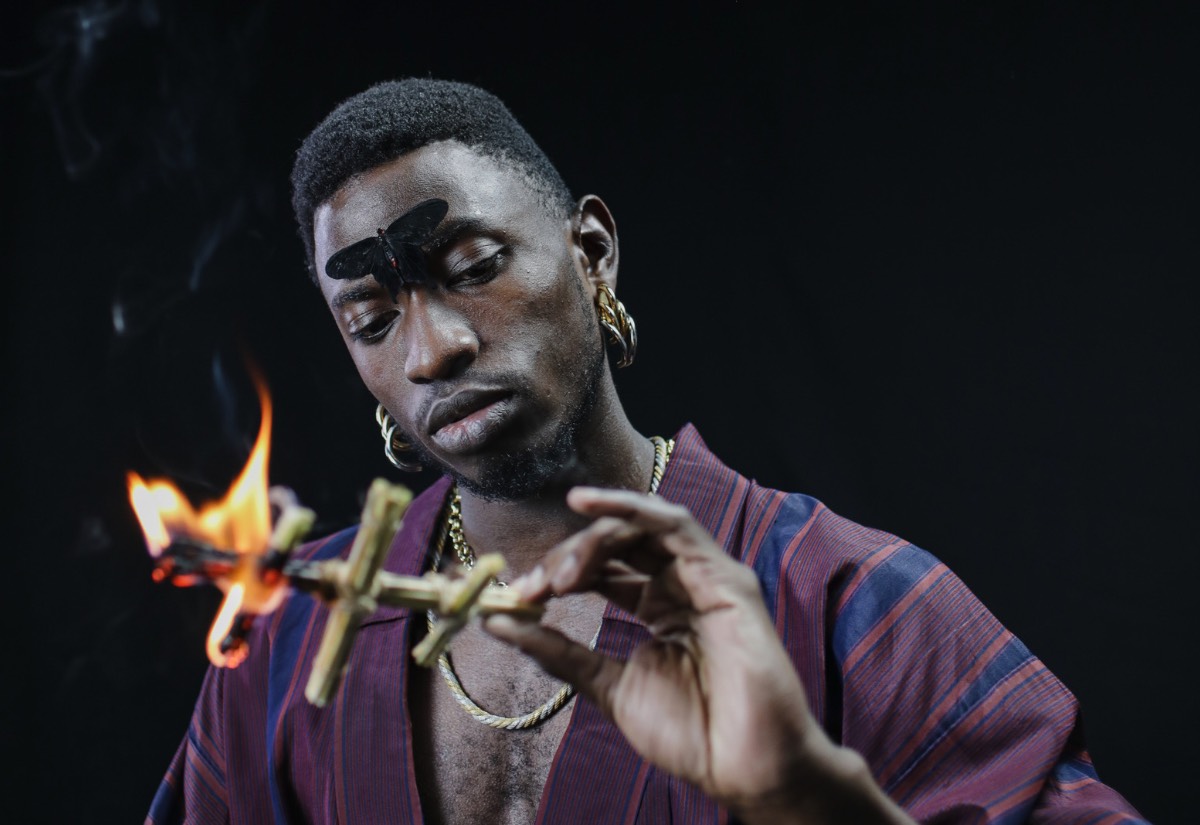A Living Tradition
Obeah, a system of folk spirituality rooted in Africa and shaped by Jamaica’s colonial past, is not just a relic of history. In today’s Jamaica, Obeah remains part of the country’s complex spiritual landscape. While often practiced quietly, its influence can be seen in storytelling, herbal remedies, music, and conversations about cultural identity.
Shifting Perceptions
For generations, Obeah was surrounded by fear and secrecy, in part because of colonial laws like the Obeah Act of 1898, which made many aspects of its practice illegal. Those laws, combined with stereotypes and sensational media portrayals, cast Obeah as something dark or dangerous.
Today, there is growing curiosity and respect for Obeah as a form of African heritage and resistance. Scholars, cultural advocates, and community elders are helping Jamaicans see Obeah as more than superstition — as a link to ancestral wisdom, herbal knowledge, and cultural resilience.
Obeah Rituals and Their Symbolism
Rituals are central to Obeah, serving as expressions of cultural memory, personal reflection, and spiritual connection. While practices vary by community and individual, some well-known examples include:
- Herbal Baths and Cleansing
Herbs such as guinea hen weed, rosemary, or basil are steeped in water for symbolic baths. These baths are traditionally seen as a way to refresh the body and spirit, leaving behind tension or negativity. - Protection Charms and Amulets
Small bags or pouches containing herbs, shells, or written prayers are sometimes carried or placed in homes. These items symbolize safety, guidance, or a reminder to stay mindful of one’s environment. - Candles and Light
Lighting candles — often white, red, or gold — plays a role in many Obeah practices. The act represents focus, clarity, and the intention to bring light to a situation. - Offerings and Ancestor Veneration
Food, flowers, or libations may be offered to honor ancestors or express gratitude. This reinforces respect for those who came before and keeps cultural ties alive. - Ritual Drumming and Music
Drums, chants, and songs are used to create rhythm and atmosphere, helping participants center their thoughts and celebrate shared heritage.
These rituals are deeply personal and symbolic. They reflect a connection to African traditions, community storytelling, and the human desire to find meaning in life’s challenges.
Obeah and Everyday Life
Although many Jamaicans identify primarily with Christianity, it’s not uncommon for people to explore Obeah alongside church traditions or family customs. Some visit herbalists or “bush doctors” for advice on health or emotional balance. Others turn to elders for stories about protection rituals, charms, or prayers that once brought comfort in times of uncertainty.
Social media has also given younger generations space to talk about Obeah more openly, sharing history, research, and personal reflections while challenging outdated myths.
Legal and Social Challenges
Despite this renewed interest, Obeah is still technically restricted by Jamaican law. Debates continue about whether the Obeah Act should be repealed or modernized, with advocates arguing that the legislation is a colonial holdover that stifles cultural expression.
Even where Obeah is respected, practitioners often keep their work private due to lingering stigma. Misrepresentation in films and tabloid stories has made it harder for people to see Obeah as a meaningful tradition rather than a source of fear.
Obeah and the Arts
From reggae lyrics to dancehall rhythms and contemporary literature, Obeah continues to inspire Jamaican creativity. Artists reference its symbols, stories, and ancestral themes as metaphors for strength, mystery, or cultural pride. In this way, Obeah contributes to the richness of Jamaica’s artistic identity.
Looking Ahead
Obeah in modern Jamaica is evolving — balancing respect for its African roots with new interpretations shaped by social media, scholarship, and cultural pride. For some, it is a tool for self-reflection and connection to history; for others, a topic of debate or curiosity.
What remains clear is that Obeah is part of Jamaica’s story: a reminder of resilience, spirituality, and the enduring power of heritage.
Disclaimer: This article is for educational and cultural purposes only. It does not endorse or guarantee supernatural outcomes or services.

